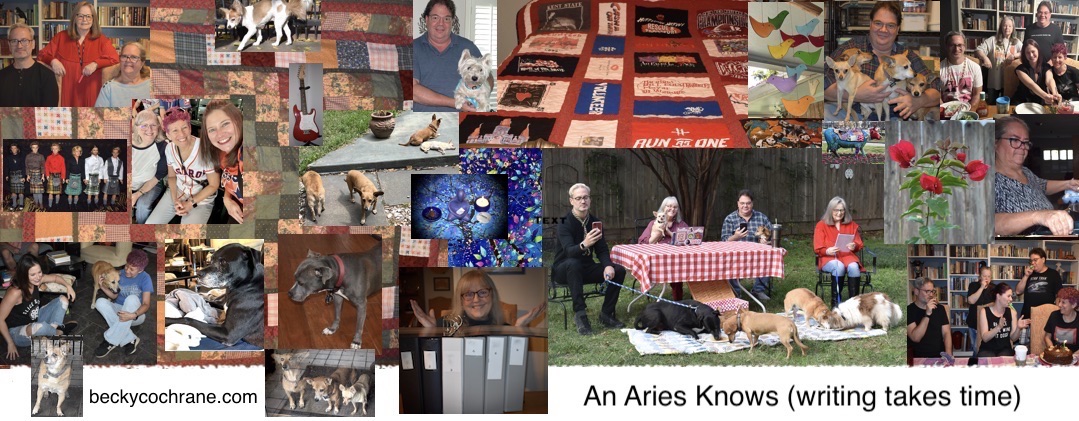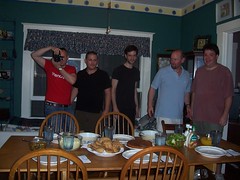I woke up this morning pondering the novels that had the biggest impact on me. Of course, whenever I complile a list like this, I forget something. But here are the books from today’s memory banks.
To Kill a Mockingbird. It’s hard for me to separate the movie from the novel. It’s rare that each is as good as the other, or that a film truly captures a book. I simply find both profound. Atticus Finch is one of those individuals by whose moral ruler I measure myself. If I measured my work by Harper Lee’s, I’d quit writing. In fact, so did she. Or at least she never published another novel. When a novel is this true, it only takes one.
The Women’s Room. I don’t know if this novel is dated or not. I haven’t read it for many years. But I knew when I read it the first time that I’d never be the same. Marilyn French changed the eyes through which I see the relationships between women and men, and I haven’t been as comfortable since. If ignorance is bliss, I suppose this book ended bliss.
In Cold Blood. I hate this magnificently written book, and it’s not really a novel, so it probably doesn’t belong on this list. But it took something from me when I was seventeen that I’ve wanted back ever since and have often sought in fiction, so it stays. Funny that Truman Capote was the model for Dill in To Kill a Mockingbird. I won’t even see the movie Capote because I’d love to never think of this book again.
The Edible Woman. I stopped eating for a while after I read this novel by Margaret Atwood. It disturbed me on the same level that The Women’s Room did. I can barely remember the novel now, but I haven’t forgotten how it affected me.
The Grapes of Wrath. Another book that took away any desire to eat. It also made me lie on the bed for hours at a time and stare into space feeling anguish on a cellular level about the injustices humans commit against other humans. This book drove me to read everything John Steinbeck wrote that I could get my hands on.
Sophie’s Choice. Proof that big, fat Southern writing can still strip everything down to the barest bones of human experience. Also a movie I didn’t watch because the book was hard enough. This is a novel that confirmed something I learned by reading the next one on this list.
Michel, Michel. I know only two other people that have read this novel by Robert Lewis. It brought a deep awareness of the complexities of genocide and nationalism into my consciousness at an early age. It made me cautious about reading books or seeing movies about the Holocaust, WWII, and maybe all wars, because of how I internalize too much. (See The Grapes of Wrath.)
Eighty-Sixed. Greater books may have formed the foundation, piled the bricks and the mortar on the frame, supplied the windows. But David Feinberg’s is the novel that opened the door. I stepped through it and the housing of my mind and heart has never been the same–in the best ways possible, I hope.
When I look at this list, it appears that I never read a happy or light book, which is so not true. I read everything, and a lot of what I read fires my imagination, develops my humor, and expands my world. But with the exception of In Cold Blood, these particular books weren’t just about suffering, injustice, or inhumanity. They didn’t give me dogma or rules They just opened my eyes to ways I could, no, had to, live with integrity and compassion so that I wouldn’t contribute to suffering, injustice, and inhumanity.
Novels are such amazing gifts and unique in the ways they appeal to us and shape us as individuals.
Harper Lee: [W]riting is a process of self-discipline you must learn before you can call yourself a writer. There are people who write, but I think they’re quite different from people who must write.
Marilyn French: I wrote for twenty years, sending novels and stories out, and I got rejected for twenty years. For twenty years the world of publication told me I was no good. The last fifteen they’ve been telling me I’m good. I can’t believe one any more than I believed the other.
Truman Capote: I always felt that nobody was going to understand me, going to understand what I felt about things. I guess that’s why I started writing. At least on paper I could put down what I thought.
Margaret Atwood: As for the writing part: don’t look down. Just pretend you’re crossing Niagara on a tightrope. Don’t look down. Just one step ahead; one foot in front of the other. Don’t worry about large issues. Worry about the page. The page is all you’ve got.
John Steinbeck: I hold that a writer who does not passionately believe in the perfectibility of man has no dedication nor any membership in literature.
William Styron: A great book should leave you with many experiences, and slightly exhausted. You should live several lives while reading it.




